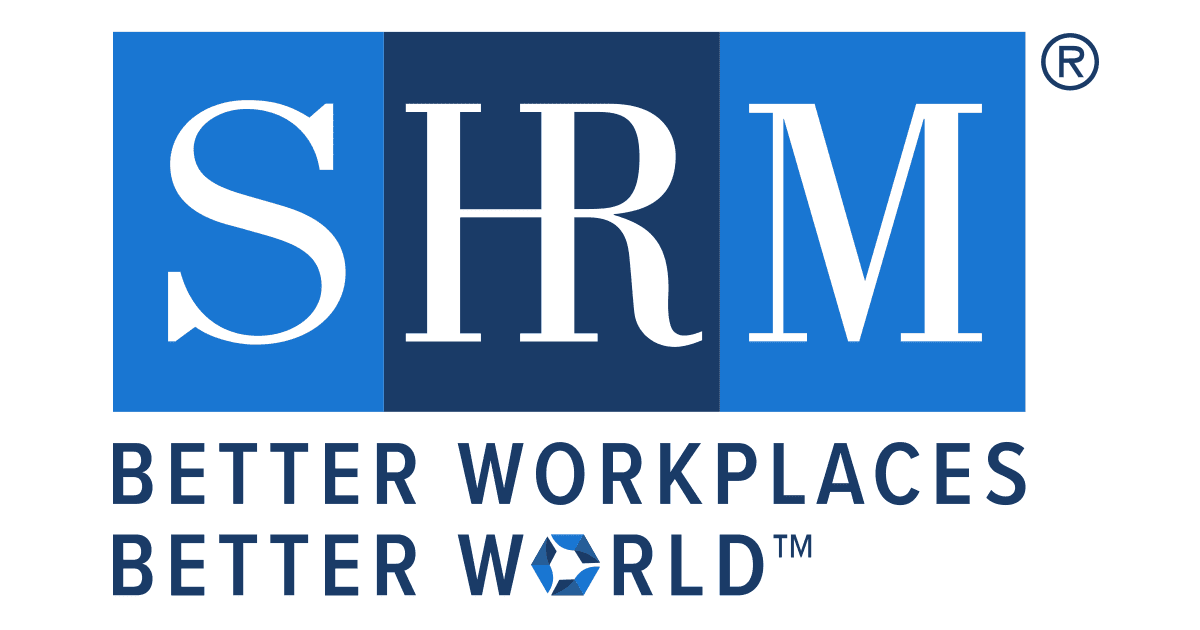In the competitive world of job hunting, finding the right platform to search for opportunities is crucial. Two popular job-hunting sites, Indeed and ZipRecruiter, offer a range of job listings that cater to different audiences and come with distinct features. What’s the best alternative to Indeed? Is ZipRecruiter better than Indeed, or does Indeed offer more advantages than ZipRecruiter for job seekers? Let’s compare Indeed and ZipRecruiter from a job seeker’s perspective, shedding light on their strengths and weaknesses to help you make an informed decision.
Target Audiences and Job Variety
When considering Indeed vs ZipRecruiter, it’s clear they both list various job opportunities, but their target audiences differ. Indeed might be the better choice for job hunters seeking office or administrative roles. The platform has a stronger focus on this category of jobs, making it easier to find relevant positions.

Job Aggregation Options
One advantage that Indeed has over ZipRecruiter is the “job aggregation” feature. Indeed pulls listings from multiple job boards, providing job seekers with a more extensive range of opportunities in its database. In contrast, ZipRecruiter pushes job postings out to other websites but limits job seekers to viewing only jobs employers post directly on ZipRecruiter. In this instance of Indeed vs ZipRecruiter, if you’re hoping to see as many jobs as possible, Indeed may be the better choice.
User Interface and Application Process
Indeed’s user interface is praised for its ease of use. Job seekers often find navigating the platform and applying for roles simpler using the “Indeed Apply” feature. This streamlined process can save valuable time and effort during the job application process. So, what’s the best alternative to Indeed in this case? ZipRecruiter also has a one-click apply option that simplifies the process, especially with its newer AI-powered matching technology.
Cost Consideration
When considering job search platforms such as Indeed vs ZipRecruiter, the cost may be a relevant factor for job seekers. It is worth noting that both are free for applicants; however, Indeed also offers free options for employers to post jobs, making it more likely to have a broader range of employers as users. In contrast, ZipRecruiter does not provide free posting options for employers, which potentially impacts the number of opportunities available to job seekers through ZipRecruiter’s platform.
Email Volume & Database Size
Job seekers who value a clutter-free inbox may prefer Indeed over ZipRecruiter. Users have reported that ZipRecruiter tends to target them with a higher volume of emails, which might become overwhelming for some users debating between Indeed vs ZipRecruiter. Indeed’s vast user base and extensive reach make it one of the largest job search platforms globally. With more users and employers onboard, job seekers may find more job postings on Indeed than on ZipRecruiter.
The Introduction of AI
Other areas to examine when comparing Indeed to ZipRecruiter are job alerts and personalization. ZipRecruiter has a reputation for job matching through AI, which actively recommends job applicants with handpicked listings that match their skills and experience. This can be perfect for some people who want more directed suggestions without needing to keep searching. Others, though, feel these suggestions are too frequent or not always relevant. Indeed, while less aggressive in recommendations, allows users to tailor alerts on keywords, location, and job type, offering better control over the search process and avoiding alert overload. If you’re asking what’s the best alternative to Indeed, consider whether the platform’s AI technology could positively impact your job search.
Indeed vs. ZipRecruiter: Which one wins?
So, is ZipRecruiter better than Indeed? They both have their strengths and weaknesses as job search platforms. Job hunters seeking office and administrative work and candidates looking for a streamlined application process might prefer Indeed’s user-friendly interface. On the other hand, ZipRecruiter’s targeted job distribution could be appealing to other users. However, the platform’s cost to employers, limited job postings from employers and higher email volume may raise concerns for some job seekers.
In the end, the question of whether ZipRecruiter is better than Indeed becomes contingent on your personal preferences and needs. You have to decide between Indeed vs ZipRecruiter for yourself. Remember, by staying proactive, leveraging multiple resources and tailoring your job search, you maximize your chances of landing that dream job!






















